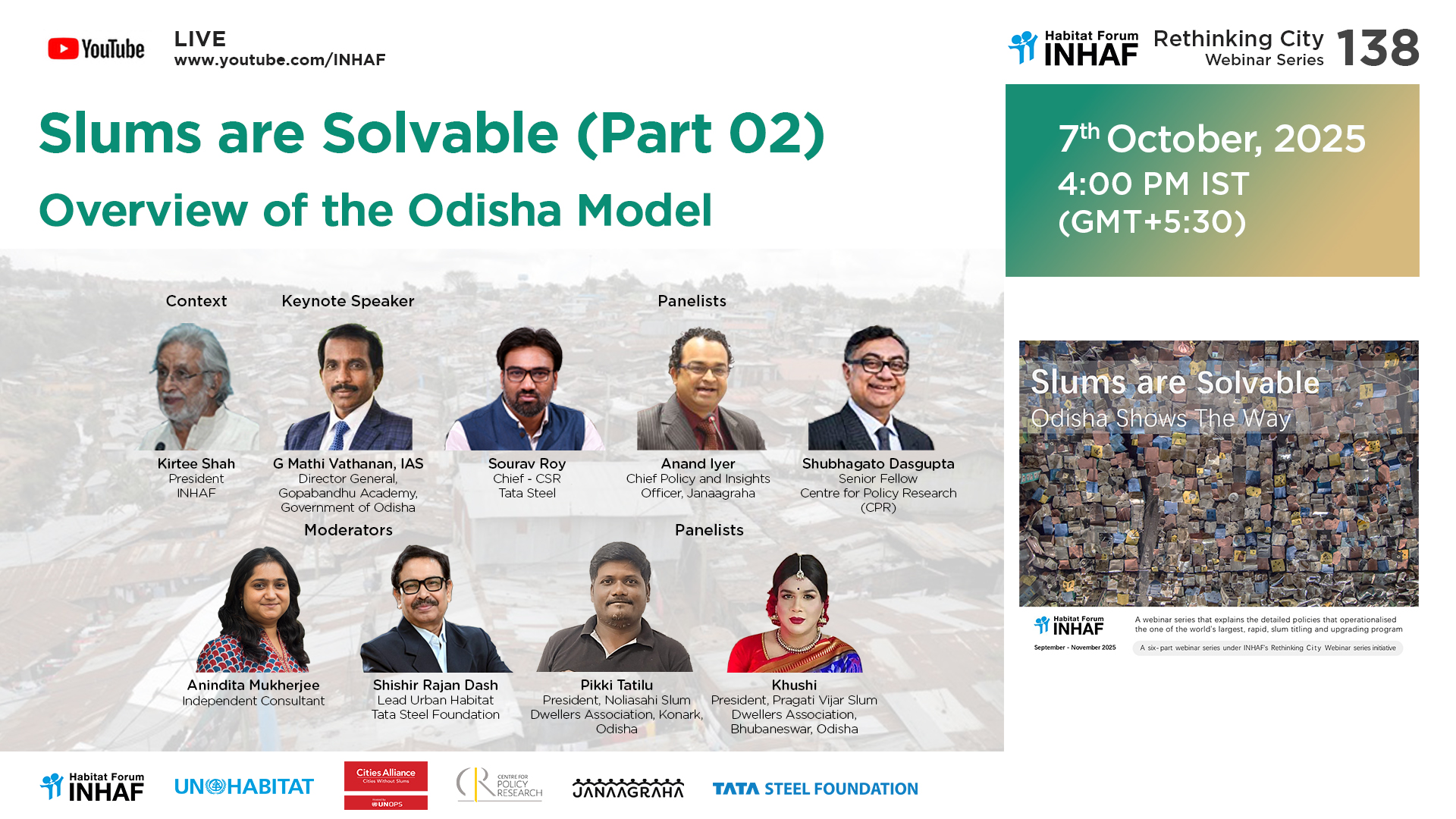
Speakers
-
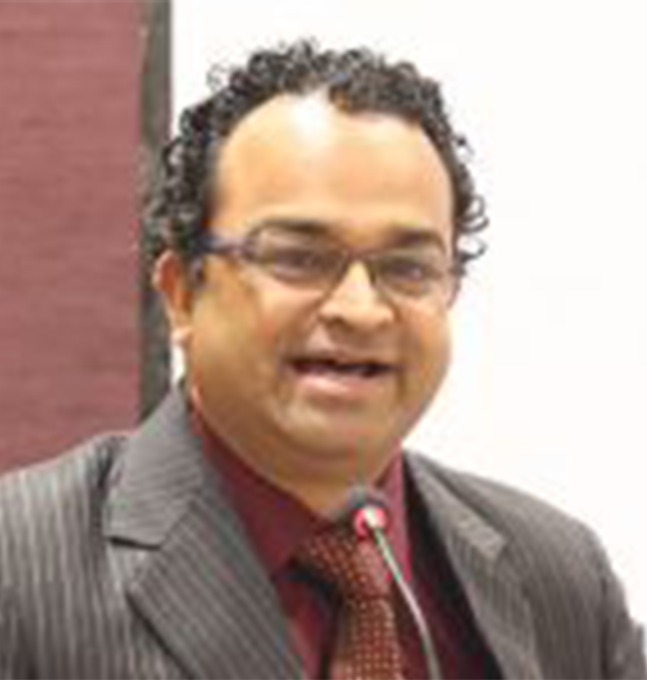 Anand IyerChief Policy and Insights Officer, Janaagraha
Anand IyerChief Policy and Insights Officer, JanaagrahaAnand is an architect with over 22 years of experience spanning government, private sector, consulting, academia, and professional practice in urban development, land, infrastructure, and design. At Janaagraha, he leads policy work in urban governance, climate, health, and equity. He has previously held senior roles at the National Institute of Urban Affairs, Aspen Infrastructures, and Vastu Shilpa Foundation. His core focus areas are urban governance, land and building development, and climate action.
-
 Anindita MukherjeeIndependent Consultant
Anindita MukherjeeIndependent ConsultantAnindita Mukherjee is an Urban Economist and Associate Fellow at the Centre for Policy Research, where she anchors research on land, planning, and housing intersections, with a focus on slum upgradation and inclusion of the urban poor. With over 18 years of experience, she has worked with national, state, and local governments, civil society, and international agencies such as DFID, GIZ, and the World Bank. Her expertise spans urban economics, land management, housing, sanitation, and urban basic services for marginalized communities.
-
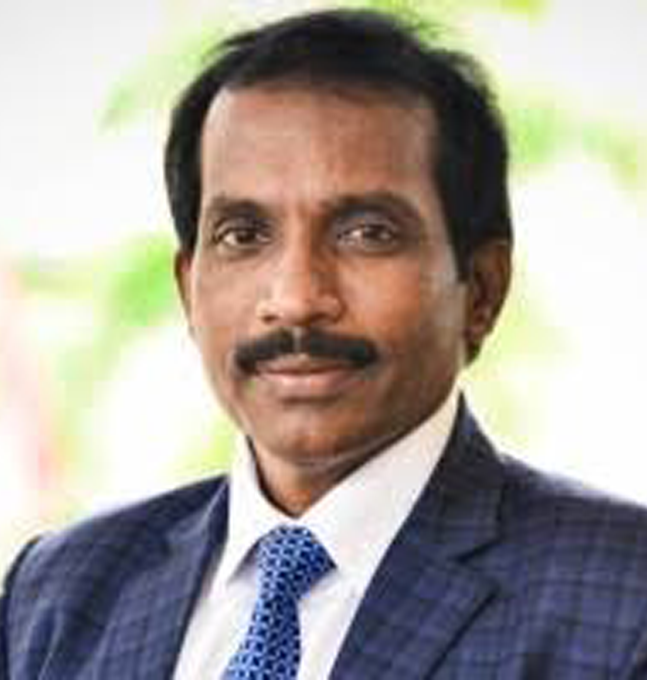 G Mathi VathananDirector General, Gopabandhu Academy, Government of Odisha
G Mathi VathananDirector General, Gopabandhu Academy, Government of OdishaG. Mathi Vathanan is the Additional Chief Secretary and Director General of the State Administrative Training Academy, Government of Odisha, and heads the Centre for Good Governance. He previously led Odisha’s Housing and Urban Development Department for over a decade, driving landmark initiatives such as the 24×7 Drink from Tap Mission, Jaga Mission, and GARIMA. His leadership has positioned Odisha’s community-driven urban model on the global stage, with multiple international awards including the UN World Habitat Award. He also serves on global advisory boards for water, sanitation, and urban governance, and has authored two books on Odisha’s urban development experience.
-
 KhushiPresident, Pragati Vihar Slum Dwellers Association, Bhubaneswar, Odisha
KhushiPresident, Pragati Vihar Slum Dwellers Association, Bhubaneswar, Odisha -
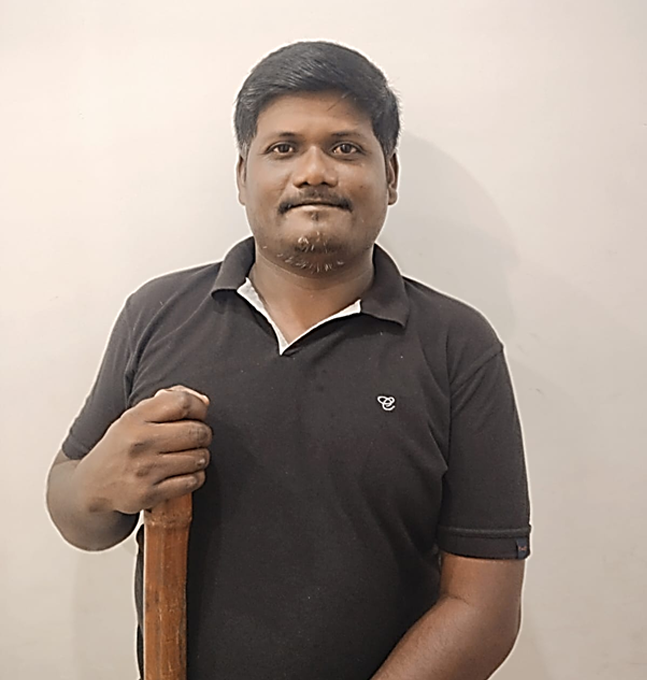 Pikki TatiluPresident, Noliasahi Slum Dwellers Association, Konark, Odisha
Pikki TatiluPresident, Noliasahi Slum Dwellers Association, Konark, Odisha -
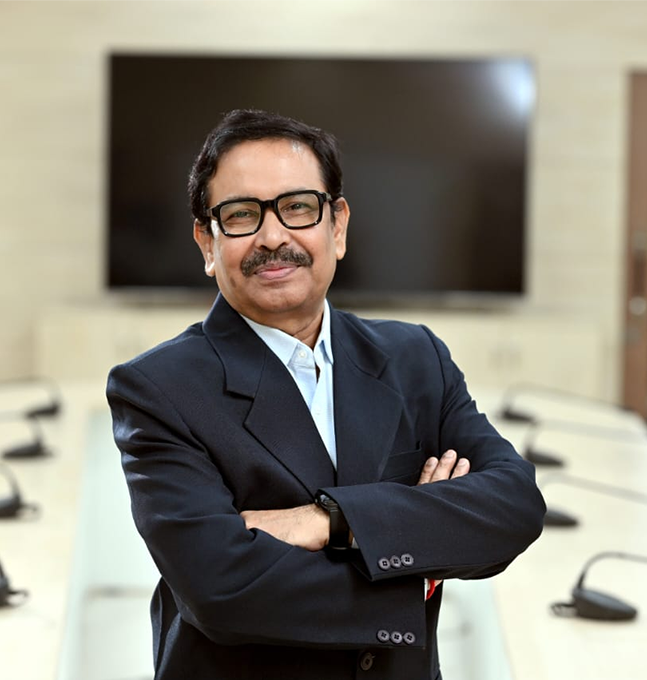 Shishir Ranjan DashLead Urban Habitat, Tata Steel Foundation
Shishir Ranjan DashLead Urban Habitat, Tata Steel FoundationShishir Dash leads the Urban Habitat portfolio at Tata Steel Foundation, where he focuses on inclusive urban development and strengthening community-led solutions in housing, infrastructure, and basic services. His work emphasizes sustainable models that improve the quality of life for urban poor and marginalized communities.
-
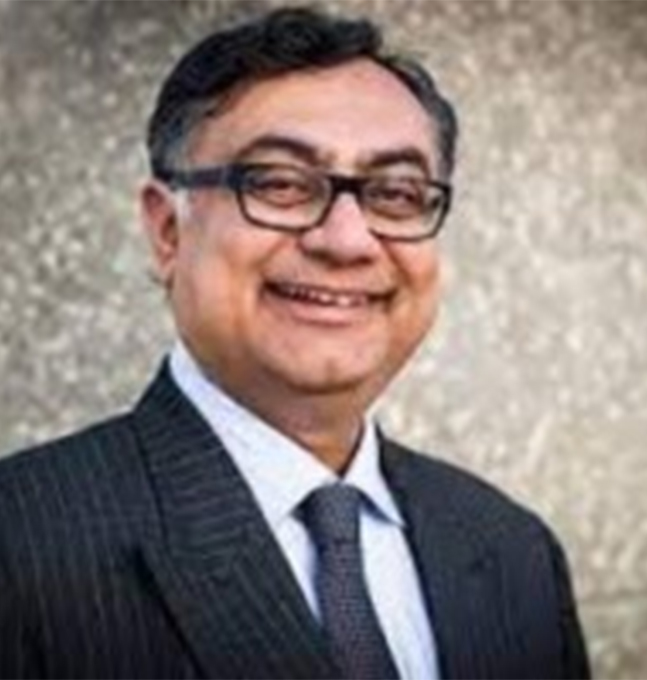 Shubhagato DasguptaSenior Fellow, Centre for Policy Research (CPR)
Shubhagato DasguptaSenior Fellow, Centre for Policy Research (CPR)Shubhagato Dasgupta is a Senior Fellow at CPR and heads the Scaling City Institutions for India (Sci-Fi) Sanitation initiative. His research focuses on drinking water and sanitation in India and globally, particularly on flagship government programs, service delivery challenges in smaller cities, urban infrastructure financing, and housing and slum rehabilitation. He previously led the Support to National Policies for Urban Poverty Reduction project and has held senior roles at the World Bank, IDFC, HUDCO, and other institutions, as well as worked on urban water and sanitation projects in Africa. Trained as an architect at CEPT University, he holds an MSc from UCL and is currently pursuing a PhD at the University of Amsterdam.
-
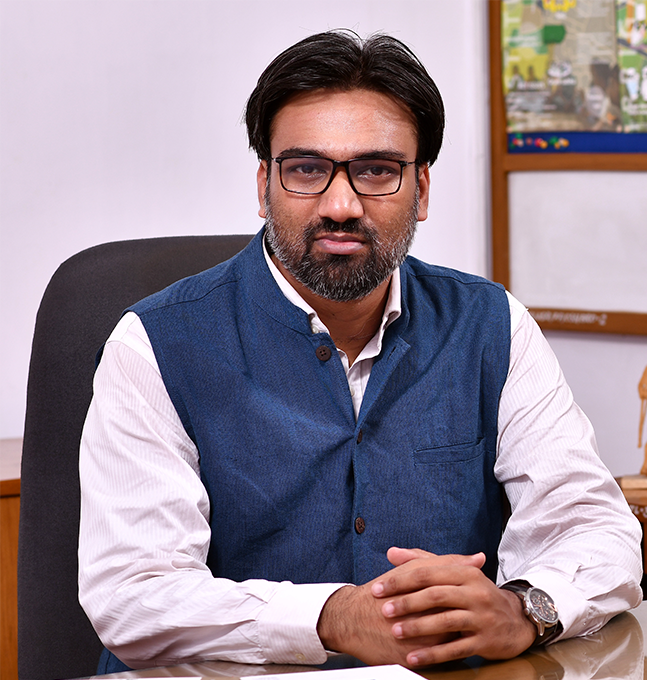 Sourav RoyChief CSR, Tata Steel
Sourav RoyChief CSR, Tata SteelSourav is the Chief CSR, Tata Steel, leading one of India Inc.’s largest CSR initiatives that engages 1,500 colleagues and impacts over four million lives annually. A member of the Tata Administrative Services since 2007, his experience spans social impact, sustainability, corporate finance, and disaster response. He previously anchored sustainability strategy at Tata Sustainability Group and has worked with the Grameen Bank and Indian development sector organizations. Sourav holds degrees in Economics (Delhi University), Management (IIM Ahmedabad), and Business Law (NLS Bangalore).
Local Time
- Timezone: America/New_York
- Date: Oct 07 2025
- Time: 6:30 am
Slums are Solvable (Part 02): Overview of the Odisha Model
Slums are Solvable Webinar Series
Recognising the scaling potential of the Jaga Mission and its excellency in promoting the coordination of key stakeholders in the development and distribution of resources, knowledge sharing, and joint implementation.
The agencies included are INHAF, Tata Steel Foundation, the Centre for Policy Research, and Janaagraha Centre for Citizenship & Democracy, along with the UN-Habitat and Cities Alliance, have come together to organise a webinar series to provide input and insights to local, national, and international debates on how to facilitate and scale participatory and integrated approaches for slum transformation.
• The primary overall objective of the series is to deep dive into the detailed policy and programmatic work undertaken under the Jaga Mission to solve challenges faced by slum dwellers. By assembling this information, the webinar series will also act as an archive of this work. The organizing committee is also keen to try to raise resources to produce a publication out of this effort.
• This webinar series will also act as an opportunity for stakeholders across the sectors of housing and basic services, especially from Indian cities, to familiarize themselves with practical planning and management instruments that are available and that can be employed to rapidly solve issues related to inadequate housing and transform poor habitats in slums at scale.
Webinar 2: Slums are Solvable: Overview of the Odisha Model
The second webinar will provide an in-depth exploration of how land tenure issues were addressed to grant tenure rights to slum dwellers in Odisha, with a focus on the Jaga Mission in both national and international contexts. It will cover the genesis and development of the Odisha Land Rights to Slum Dwellers Act and its rules, including the emergence of specific title covenants and typologies, survey methodologies, and reconciliation with revenue land records.
The session will also highlight the challenges faced in implementing these processes—such as conducting surveys, transferring titles, and updating records—along with the solutions developed, while briefly addressing land tenure issues in both small and large cities.
